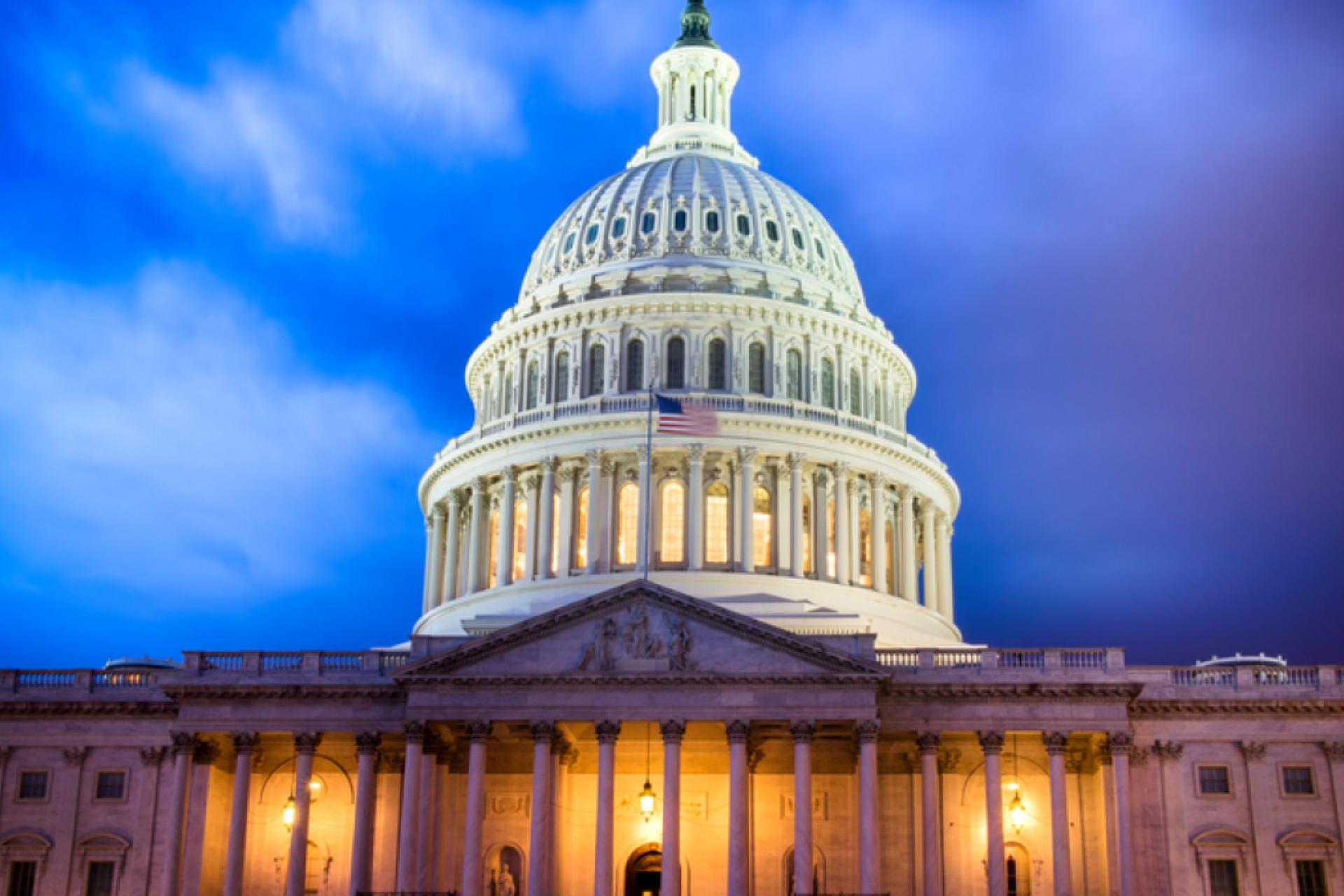Omnibus bill spikes federal spending yet again, increasing the deficit and national debt

U.S. Congressman Jay Obernolte (R-Hesperia) voted against the Omnibus spending bill in the U.S. House of Representatives on Friday, citing objections to the bill’s high top-line spending number and failure to address the nation’s skyrocketing national debt.
“The Omnibus bill increases federal spending by over 9 percent, which is in addition to the 7 percent increase enacted by Congress last year. As a result, the bill will add an additional $260 billion to our national debt, which already exceeds $31 trillion, over $94,000 for every American. This 4,155-page bill does not contain a single provision to lower the deficit over time or bring our national debt under control,” said Rep. Obernolte. “In fact, the bill waives statutory requirements Congress put in place to help reduce our federal deficit. It also fails to address the border crisis perpetrated by this Administration’s disastrous policies and instead explicitly bars CBP funding from being used to improve border security and processing at all. These are major problems that will impact every individual and family in our district, whether through further inflation and increased prices at the grocery store or through diminished safety on our streets.”
More on the Omnibus bill:
The $1.7 trillion Omnibus spending bill was introduced in the early hours of Tuesday morning as part of a last-ditch effort to secure White House priorities in a funding package before control of the House of Representatives changes hands on January 3. Among the items included in the 4,155-page bill are:
- $800 billion in non-defense discretionary funding
- $12.319 billion for the Internal Revenue Service, on top of the nearly $80 billion provided to the IRS in the Inflation Reduction Act
- $400 million increase in border patrol funding that is expressly prohibited from being used to “acquire, maintain or extend border security technology and capabilities to improve Border Patrol processing”
- While prohibiting increased protection for our own border, $410 million is included for border security for Jordan, Lebanon, Egypt, Tunisia, and Oman
Furthermore, the bill actively prevents Border Patrol funding from being used to help secure the border or improve processing at a time where border authorities are encountering up to 1,200 migrants a day (and climbing) and El Paso has declared a state of emergency due to the additional migrant influx expected if Title 42 is allowed to expire. In San Bernardino County, the sheriff’s department has reported a 656 percent increase in fentanyl related deaths since 2018, largely as a result of illicit fentanyl being smuggled across the southern border with Mexico.
The Omnibus spending bill represents an overall 9 percent increase over last year’s spending rate, a spending level so high that it should trigger statutory PAYGO cuts, helping to bring overall spending down and manage the federal deficit. However, this bill takes the radical step of waiving the PAYGO requirement for two years without adding alternative spending cuts, resulting in a $260 billion increase to the national debt.
